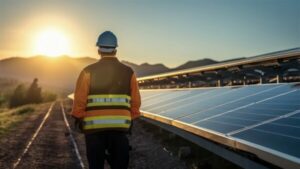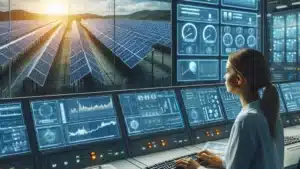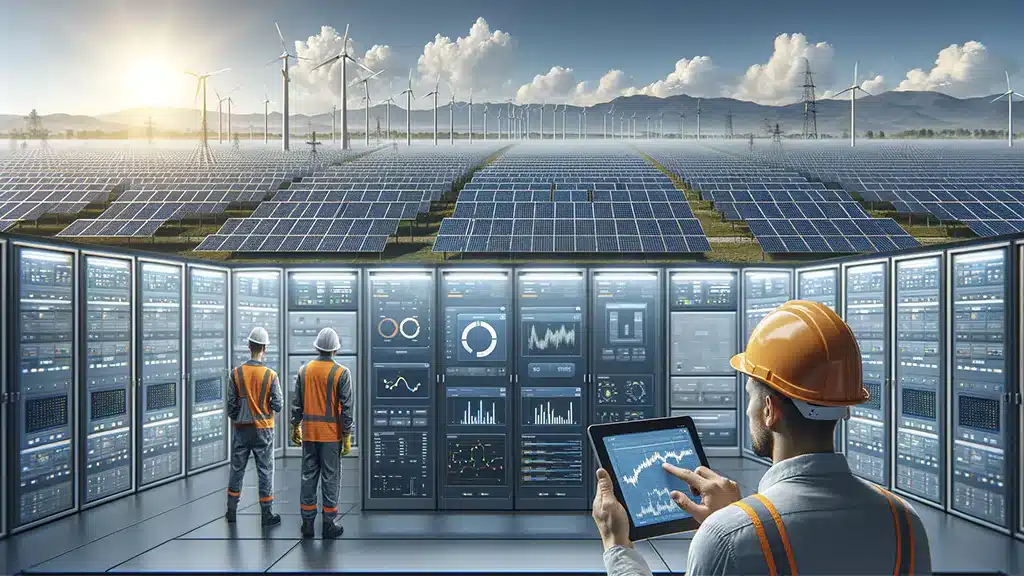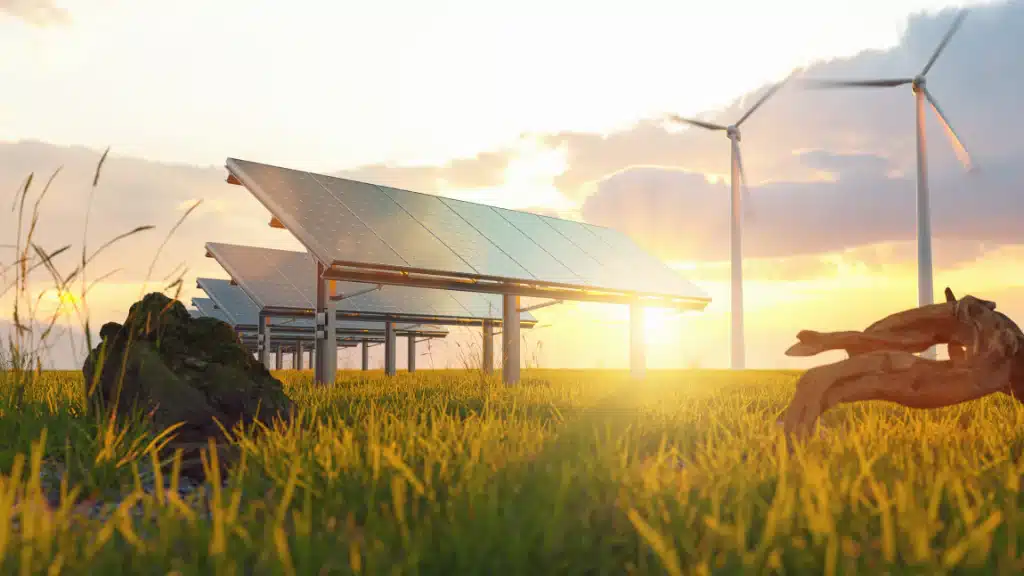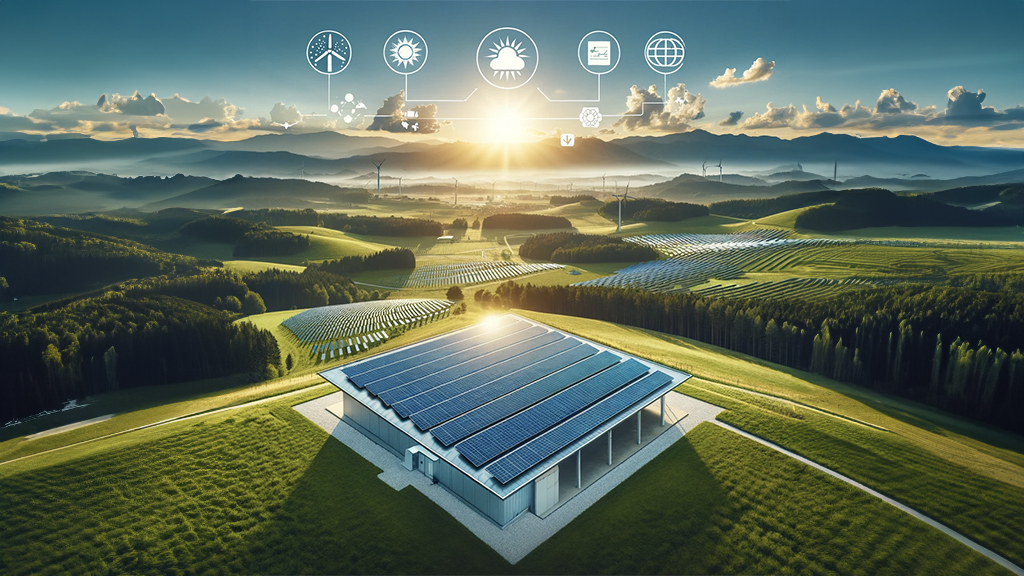The energy of tomorrow is one of the most important challenges facing humanity in the face of climate change and increasing energy demand. How to meet energy needs while reducing greenhouse gas emissions and ensuring energy security? What strategies and approaches can be employed to exploit the potential of renewable energy sources (RES) like solar, wind, hydro, or biomass? How to integrate RES into existing energy distribution and storage systems? How to use modern technologies and solutions to support RES in the management of facilities such as wind and photovoltaic farms?
Challenges of the Energy of tomorrow
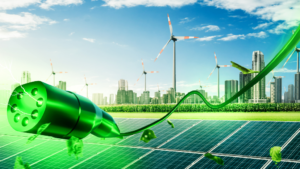
The answers to these questions are not simple or straightforward. They require cooperation and innovation on many levels: political, economic, social, scientific and technological. They also require awareness and involvement of all stakeholders: producers, distributors, consumers and energy regulators.
The Role of Renewable Energy Sources in the Global Energy Mix
In Europe and globally, we are seeing an increasing share of RES in the energy mix, driven by both climate commitments and economic and social benefits. According to the International Energy Agency (IEA), RES accounted for about 29% of global electricity production in 2020 and is expected to reach 43% by 2030. In Poland, according to the Energy Regulatory Office, RES accounted for around 15% of national electricity production in 2019 and are expected to reach 23% by 2030.
Technologies Supporting the Development of Renewable Energy Sources
However, the development of RES also comes with many challenges and constraints. RES are typically distributed and variable, requiring adaptation of energy distribution and storage systems to ensure stability and quality. RES also require new technologies and solutions to enable efficient and intelligent management of RES facilities, such as wind farms and photovoltaic farms.
Such technologies and solutions include:

- Energy management systems, using advanced algorithms, artificial intelligence, machine learning or the internet of things. Energy management systems allow the optimisation of energy production, distribution and consumption, taking into account market, weather, technical and environmental conditions. Energy management systems also enable the creation of local energy communities, where consumers can produce, store, exchange and sell energy from RES.
- Monitoring and diagnostic systems, using sensors, cameras, drones, satellites and artificial intelligence. Monitoring and diagnostic systems allow remote and automatic tracking of the status and performance of RES facilities, detection and prevention of failures, planning and optimisation of maintenance and repairs.
Challenge and Opportunity
The energy of tomorrow is not only a challenge, but also an opportunity to build a sustainable, secure and equitable energy system based on RES. To achieve this, cooperation and innovation on many levels is needed, as well as the use of modern technologies and solutions to support RES in facility management. Only in this way can we tackle climate change and ensure a better future for us and our children.

